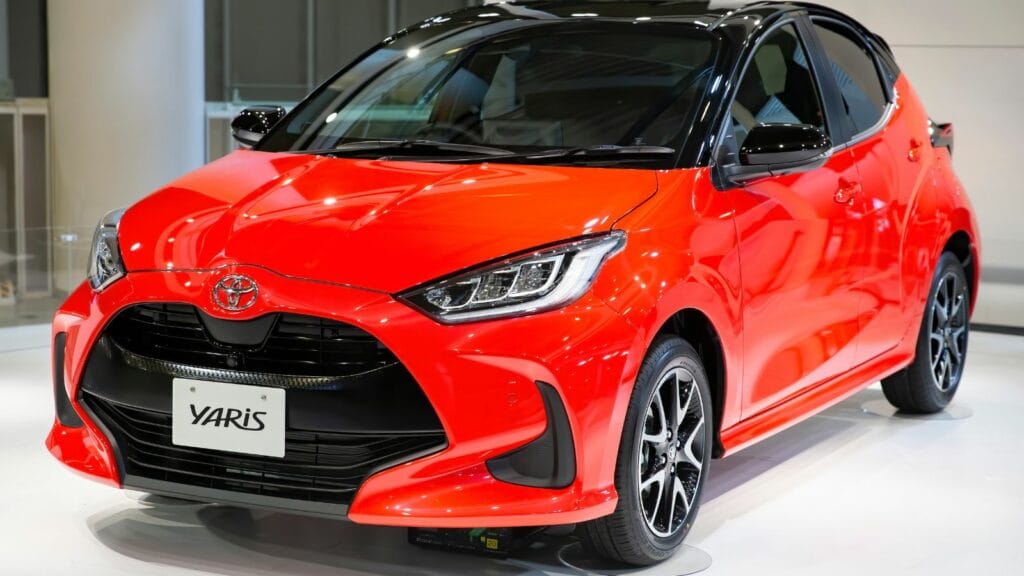Canadian car sellers are in for a surprise in 2025. While used car prices surged in recent years, the tides are turning, and some vehicles are now nearly unsellable. Whether it’s outdated styling, reliability concerns, steep repair costs, or models being dropped entirely from Canadian lineups, buyers are increasingly discerning. Trade-in values are down, interest is drying up, and even once-popular rides are sitting on lots for months. These are 23 cars you’ll have a hard time selling in Canada this year:
Chrysler 200
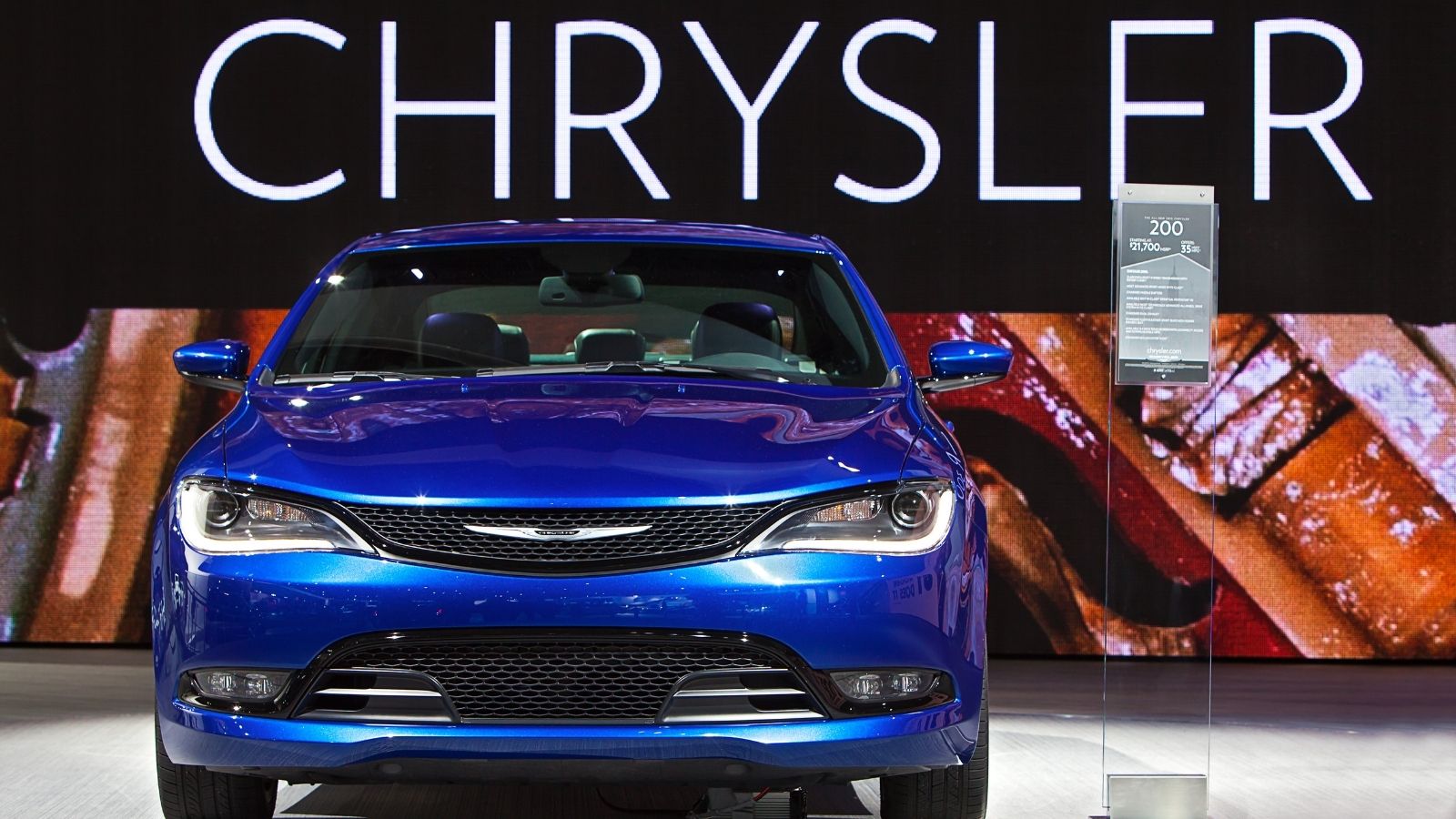
Despite a sleek redesign in its final years, the Chrysler 200 never garnered the long-term loyalty necessary to maintain its value in Canada. Reliability issues, especially with its transmission, dampened resale interest, and Chrysler axed the model in 2017. Fast forward to 2025, and the market has all but moved on. Most buyers avoid the 200 entirely, favoring more proven midsize options like the Camry or Accord. Used values have dropped to under $5,000 in many regions, and listings often linger for weeks. Canadian dealers are frequently declining to accept them as trade-ins.
Fiat 500
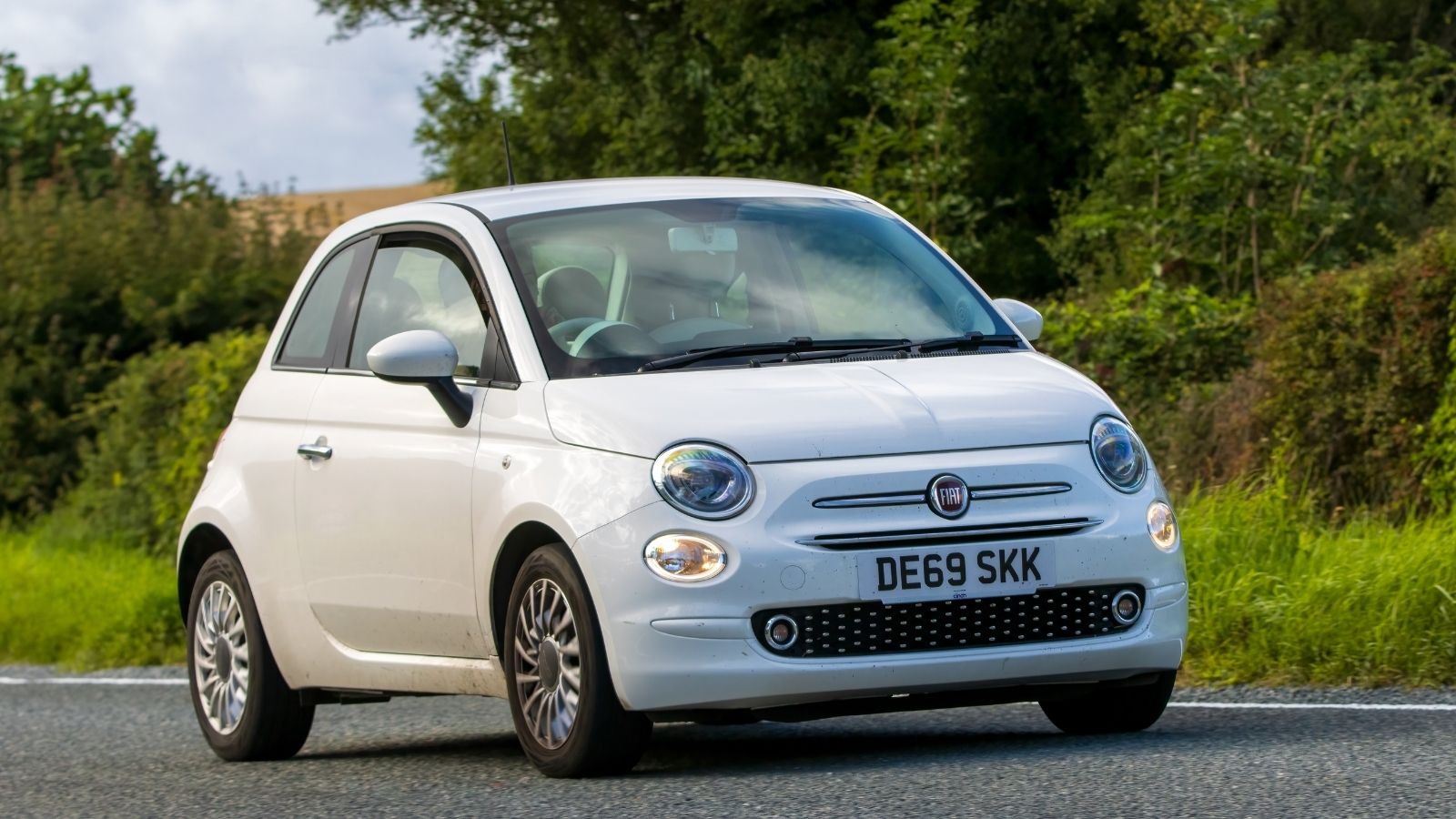
The Fiat 500’s European flair once charmed urban Canadians, but the honeymoon ended quickly. Its tiny size and underwhelming power did not translate well outside major cities, and Fiat’s shaky dealer support across Canada only made things worse. Now discontinued in North America, the 500 is challenging to maintain and even more challenging to sell, as buyers are wary of spotty parts availability and concerns about poor long-term reliability. Listings often sit untouched, even when priced below $4,000, as the car has become a liability for resale due to its condition.
Dodge Dart
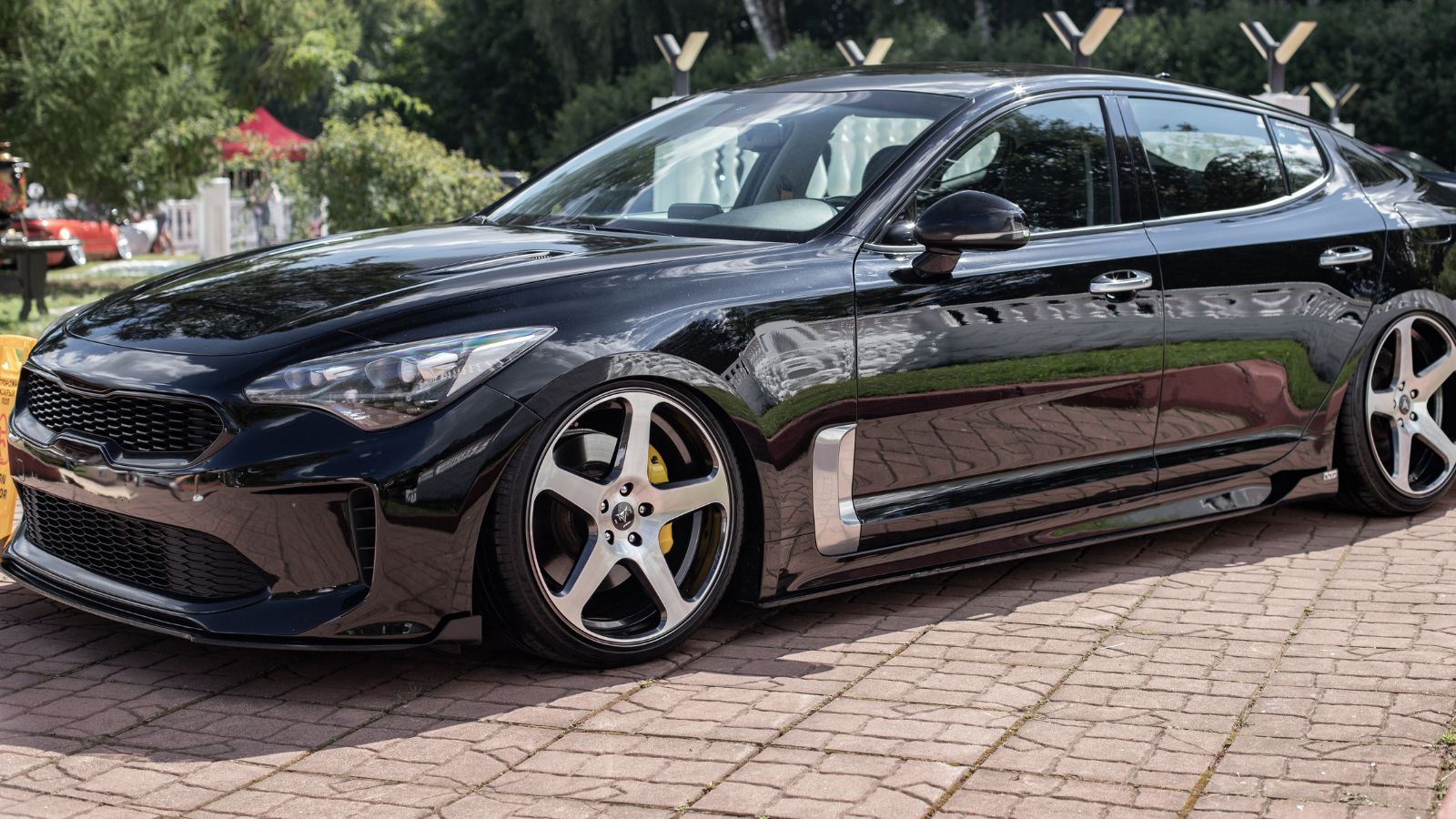
Revived in 2013 and discontinued just three years later, the Dodge Dart did not have time to build a solid reputation. Canadians were turned off by its awkward ride, confusing trim lineup, unremarkable fuel economy, and most importantly, it lacked the durability people expect in harsh winter regions. Now, the resale market is a disaster, and many Dart owners are finding trade-in offers that barely reach $2,500, and private sales fare no better. Buyers are steering clear in favor of more reliable compacts, such as the Mazda3 or Honda Civic.
Chevrolet Cruze
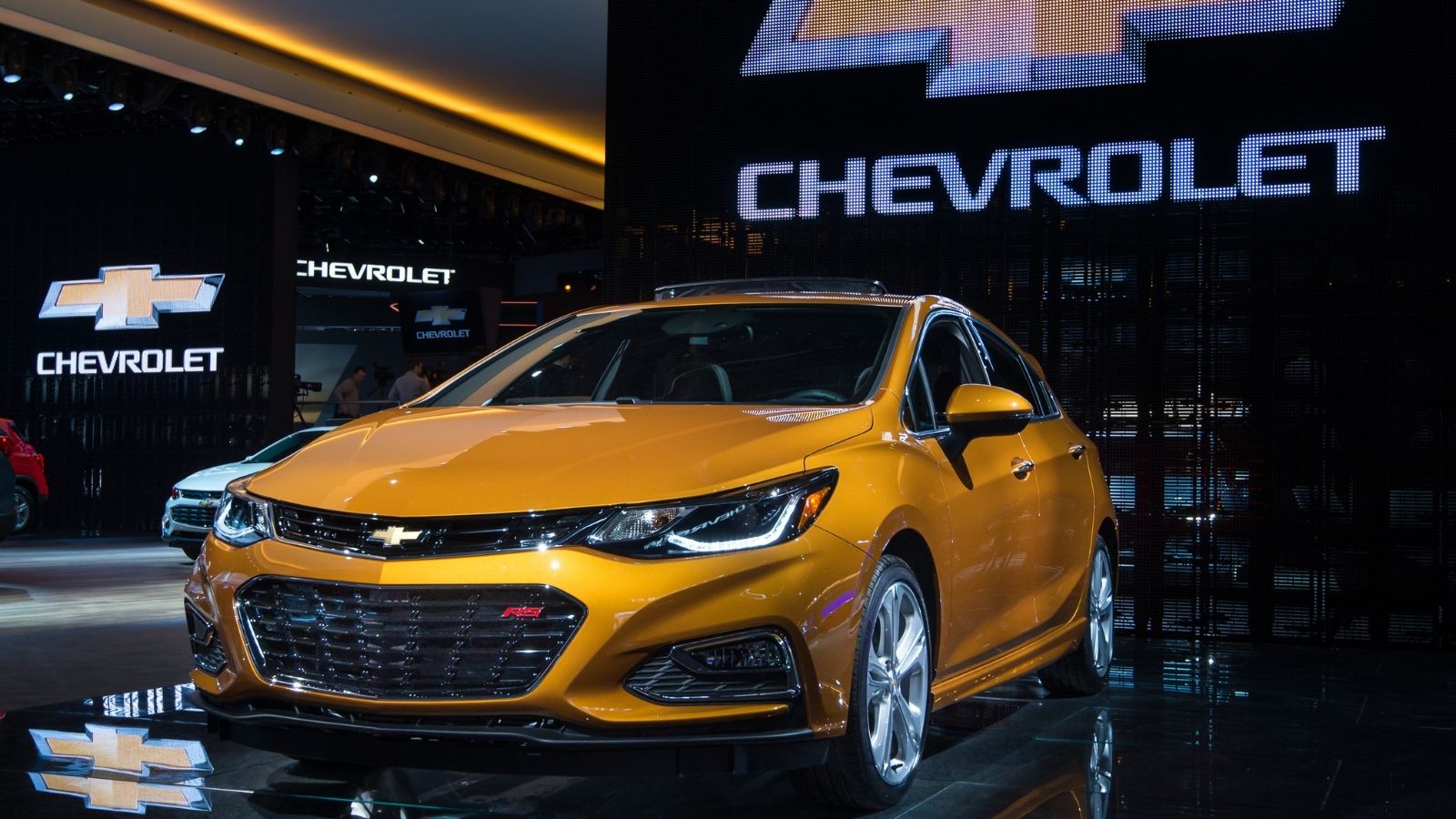
The Cruze was once a bestseller for Chevrolet, but its value in the Canadian used car market has plummeted. Reliability concerns, particularly surrounding its turbocharged engines, as well as GM’s decision to discontinue the model entirely, have deterred used buyers. With plenty of comparable sedans still in production and offering better features, there is little incentive for Canadian shoppers to gamble on an aging Cruze. Even 2018 models with low mileage are receiving rock-bottom offers, and older examples are barely moving at any price.
Nissan Versa
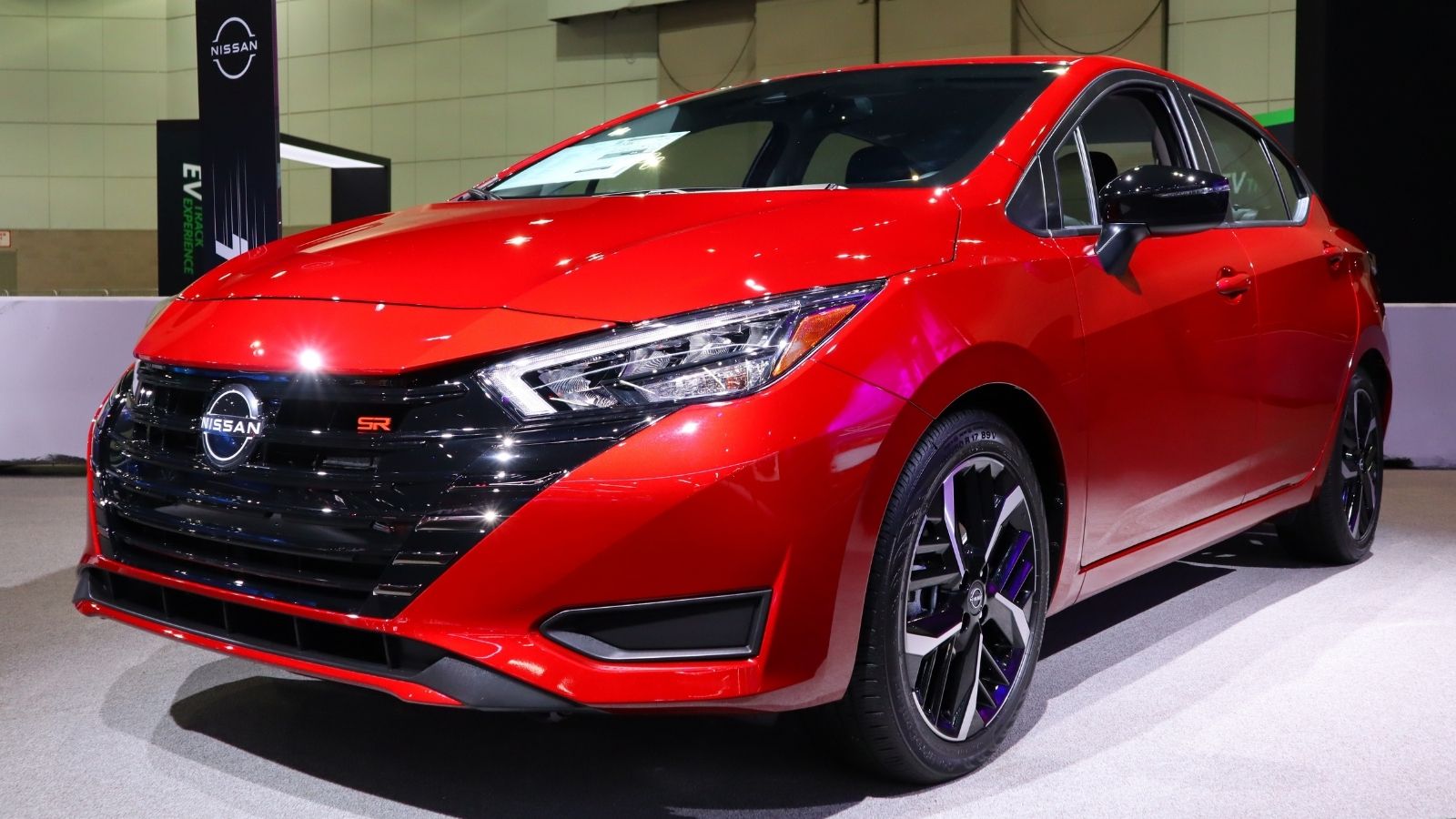
While once known for being cheap and cheerful, the Nissan Versa has not aged well in Canadian eyes. The driving experience is uninspiring, the interior materials feel outdated, and resale demand has plunged. CVT-related transmission issues have further soured buyer confidence, especially in colder climates. With subcompacts losing favor to small crossovers, few Canadians are actively searching for a used Versa, regardless of price. Trade-in values are often insultingly low, and online listings gather dust, and unless it’s nearly free, the Versa will likely stay parked.
Mitsubishi Mirage
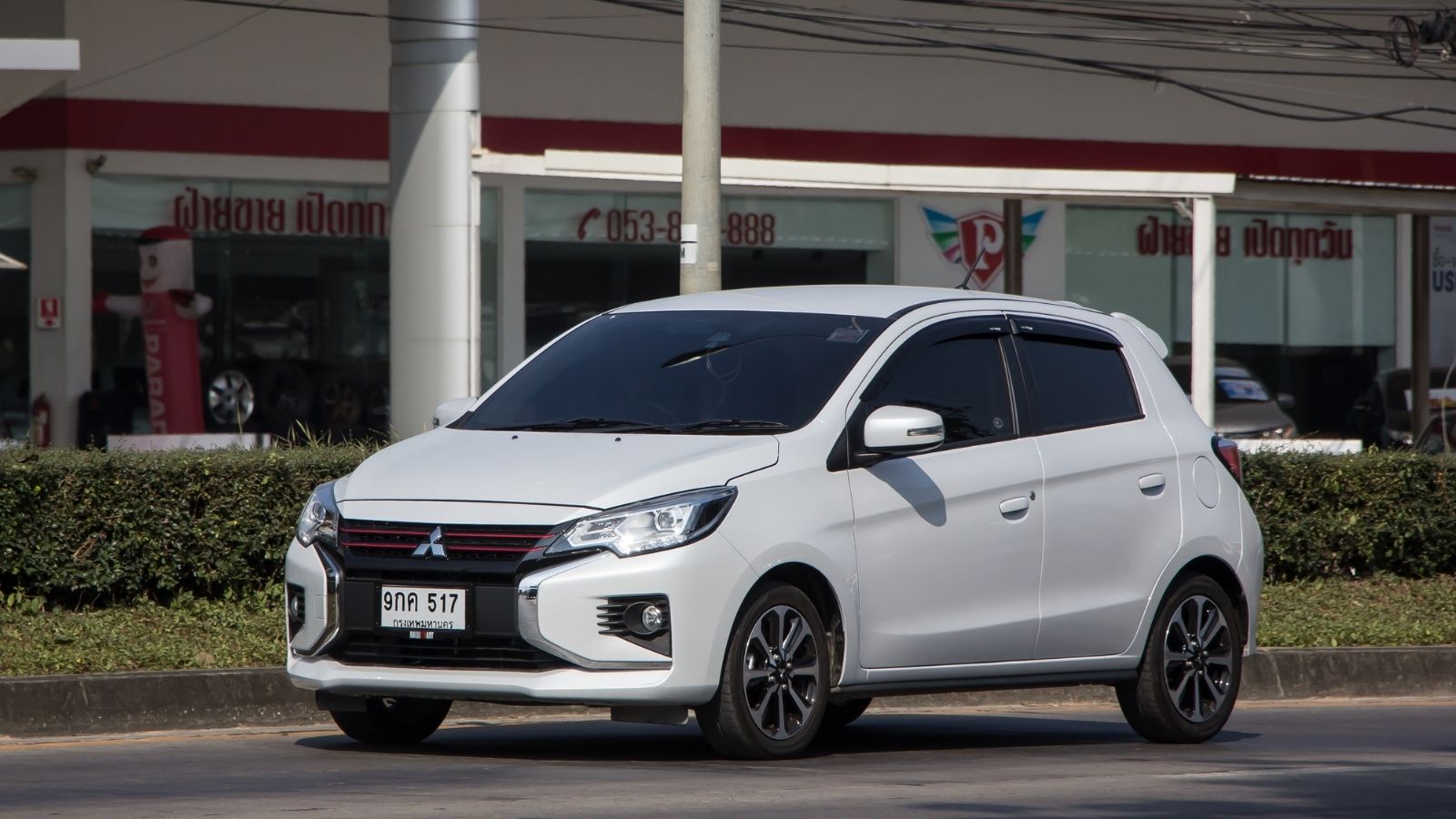
The Mirage’s ultra-low price and impressive fuel economy once appealed to budget-conscious Canadians. Still, its reputation for poor build quality and sluggish performance has now caught up with it. Buyers today are far more aware of what they’re getting and what they’re not from their cars, and the Mirage often gets overlooked, even in used car searches under $10,000. Trade-in values are typically under $3,000, and dealerships often pass them on entirely.
Ford Fiesta
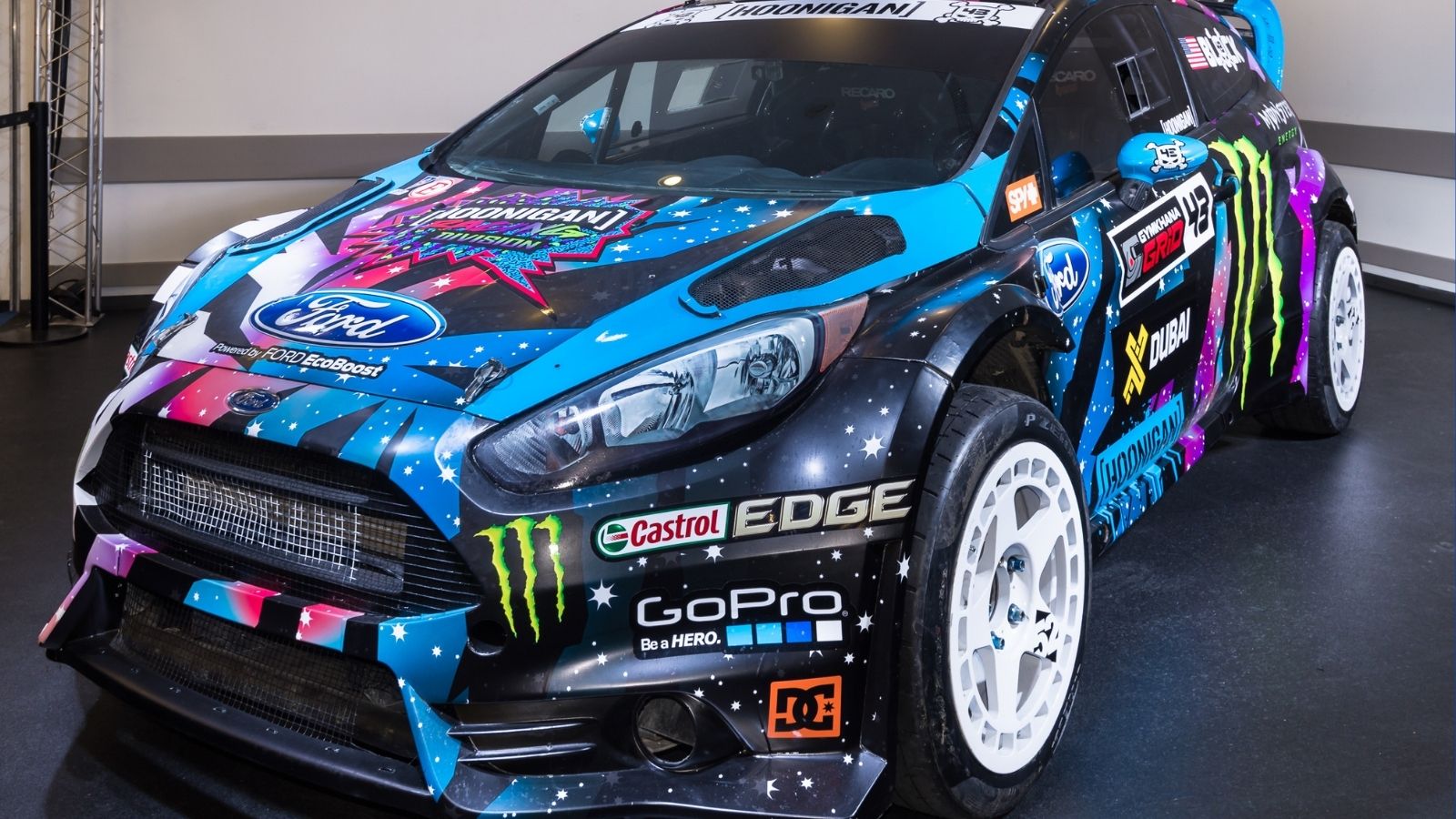
The Ford Fiesta, particularly the dual-clutch automatic variants, is plagued by widespread transmission issues that have negatively impacted its resale value. Lawsuits, recalls, and horror stories have made Canadian buyers deeply hesitant, and even the manual versions are not immune to perception damage. As a result, values have plummeted across the country, and many owners report trying to sell for months with no serious interest; even heavily discounted listings go unnoticed. Despite being fun to drive, the Fiesta is now considered a more financial risk than a budget gem.
Chevrolet Spark
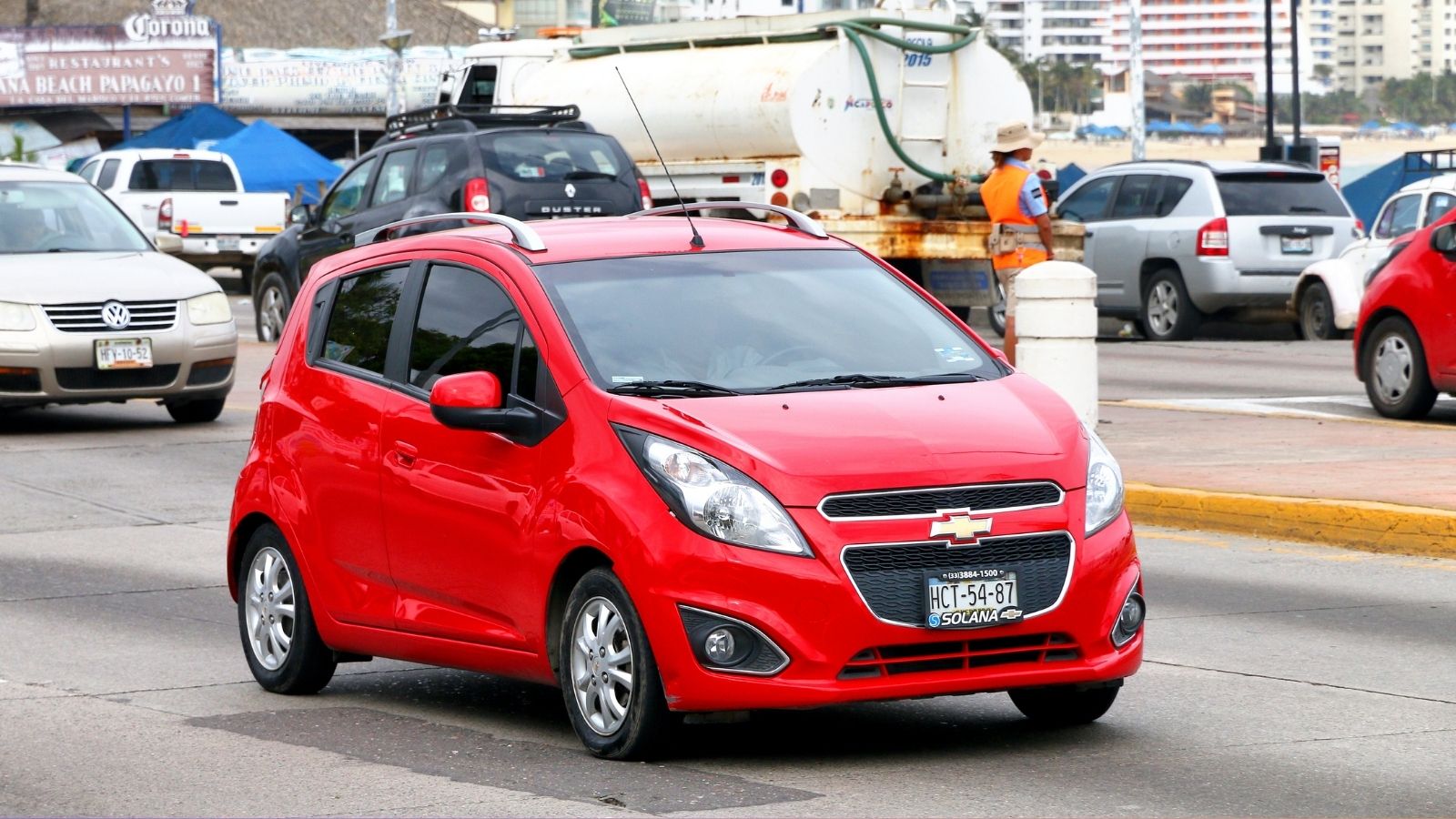
While the Spark’s compact footprint and affordability once made it a popular choice in urban areas, Canadian buyers are now looking elsewhere. It is too small for winter practicality; its thin insulation makes cold-weather driving uncomfortable, and although reliability is not terrible, the resale demand is low. Buyers now expect more tech, safety features, and space, even in subcompact segments. Trade-in offers are often underwhelming, and interest in private sales is minimal unless the price is extremely low. As crossovers become increasingly dominant, the Spark is losing its resale relevance in Canada.
Smart Fortwo
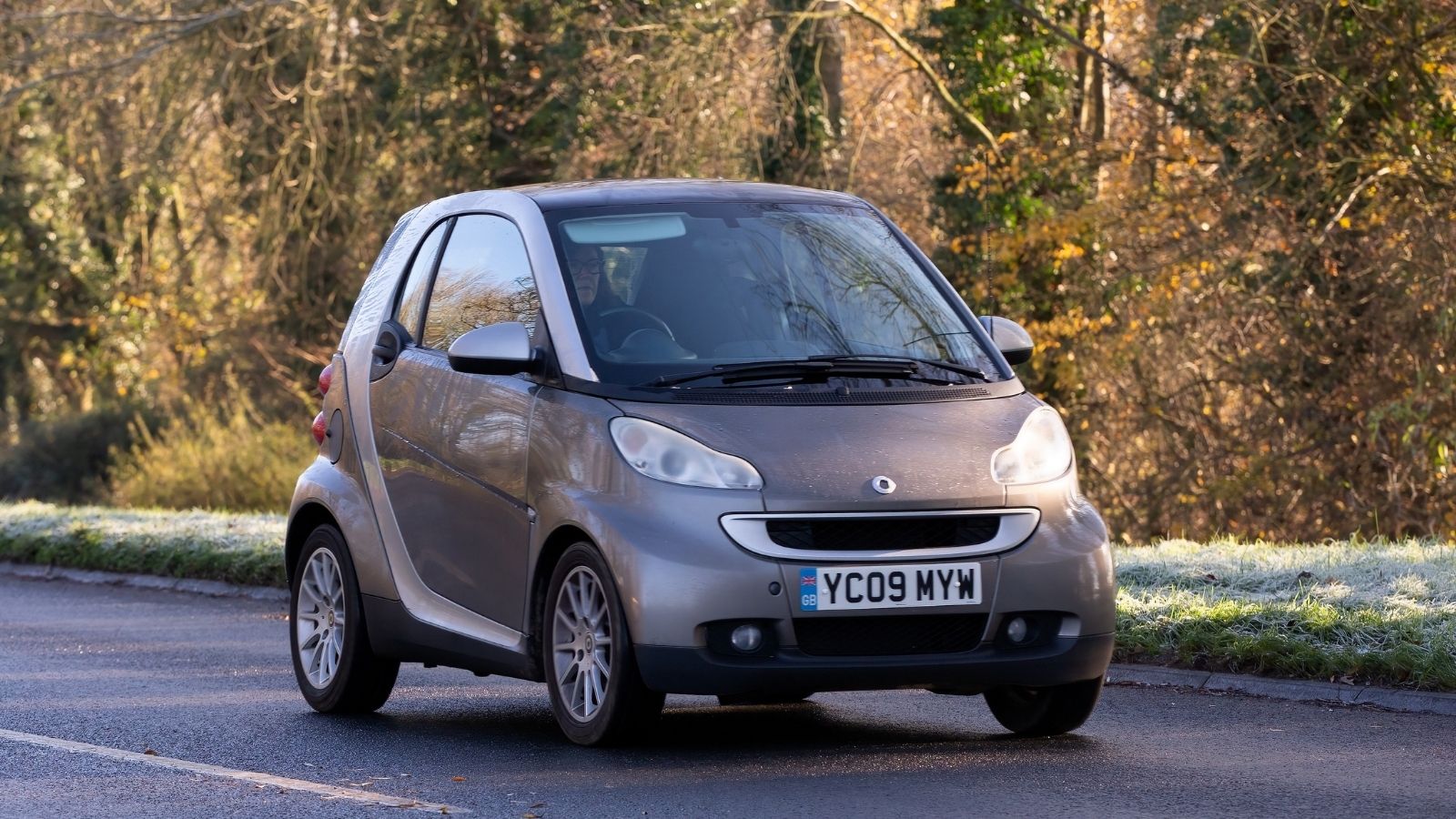
Quirky and distinctive, the Smart Fortwo was always a niche vehicle in Canada, but with production ended and parts increasingly difficult to source, it has become a resale nightmare. Most Canadians see it as impractical for snow and highway driving, and its limited cargo space rules it out for daily use. EV versions do not fare much better, with outdated battery tech and limited range, and sellers are often forced to accept offers under $2,000 to get them off the driveway.
Hyundai Accent
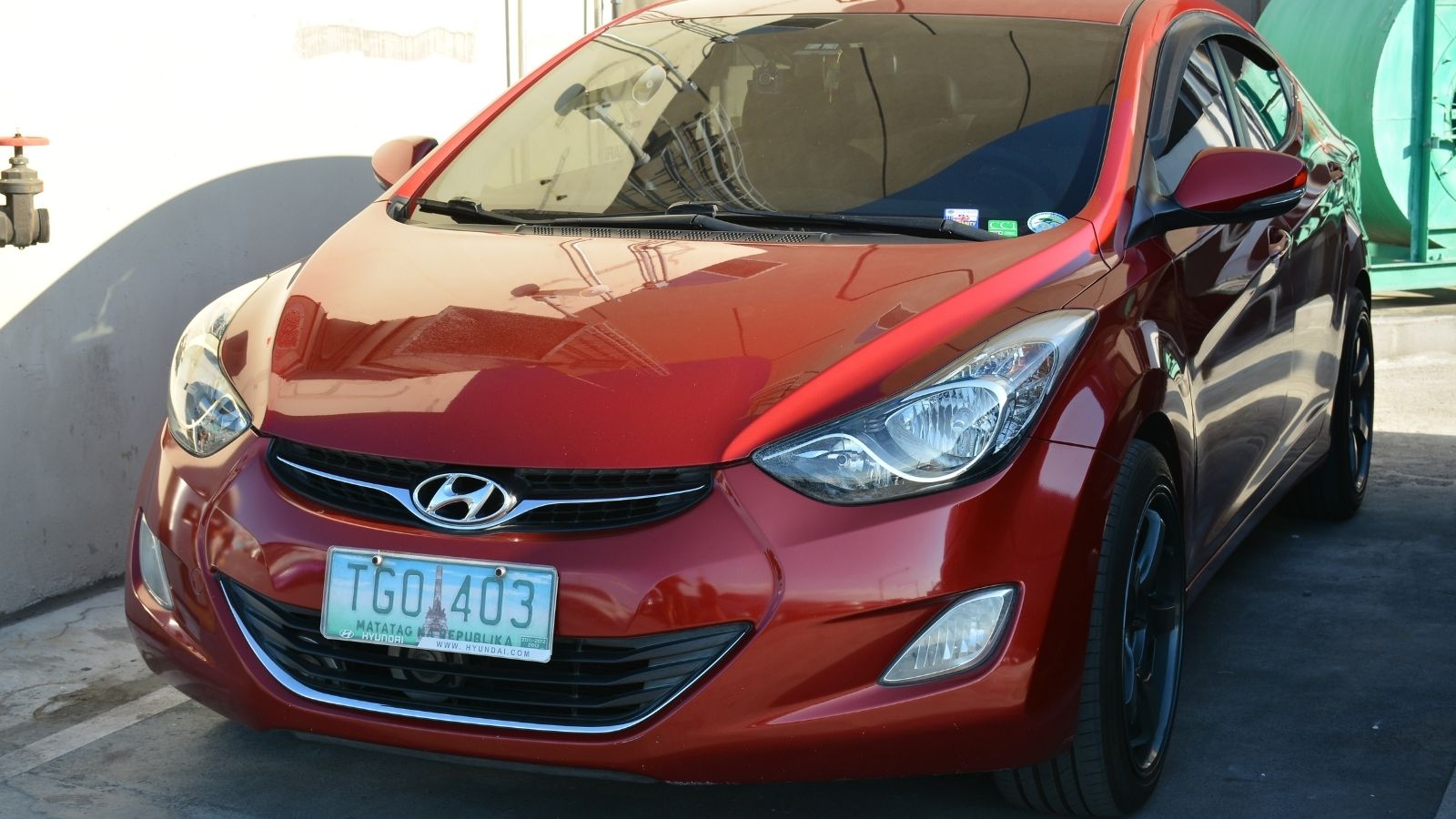
The Hyundai Accent has long been the go-to for Canadians seeking a low-cost, reliable commuter car, but in the current market, it has been outclassed. Buyers now expect more modern features, better crash scores, and advanced safety tech, even in the budget segment. Older Accents, especially those from the early 2010s, are viewed as dated and disposable, with low resale prices and trades not bringing much value. Unless you’re nearly giving it away, you can expect your Accent listing to sit unnoticed while buyers chase crossovers.
Kia Rio
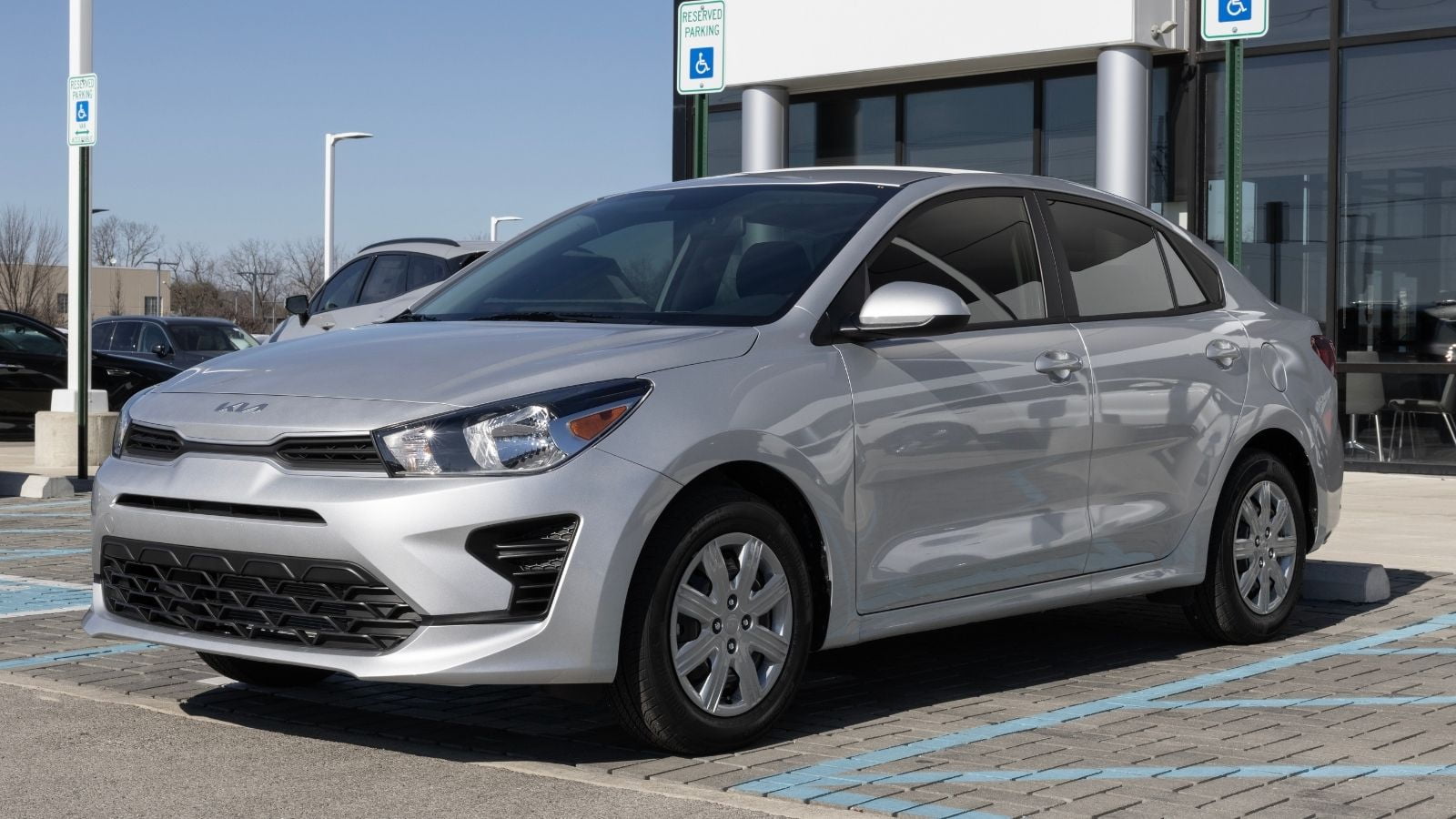
Despite its solid warranty and improved reliability in recent years, the Kia Rio remains a challenging sell in 2025. Canadian buyers have largely shifted away from small sedans and hatchbacks, leaving the Rio stuck in a shrinking segment. As a result, the older models lack modern safety technology, and their resale values have plummeted. Even low-mileage versions rarely generate excitement on used car sites, and with the rise of budget crossovers like the Hyundai Venue and Nissan Kicks, the Rio now feels like a dated compromise.
Volkswagen Passat
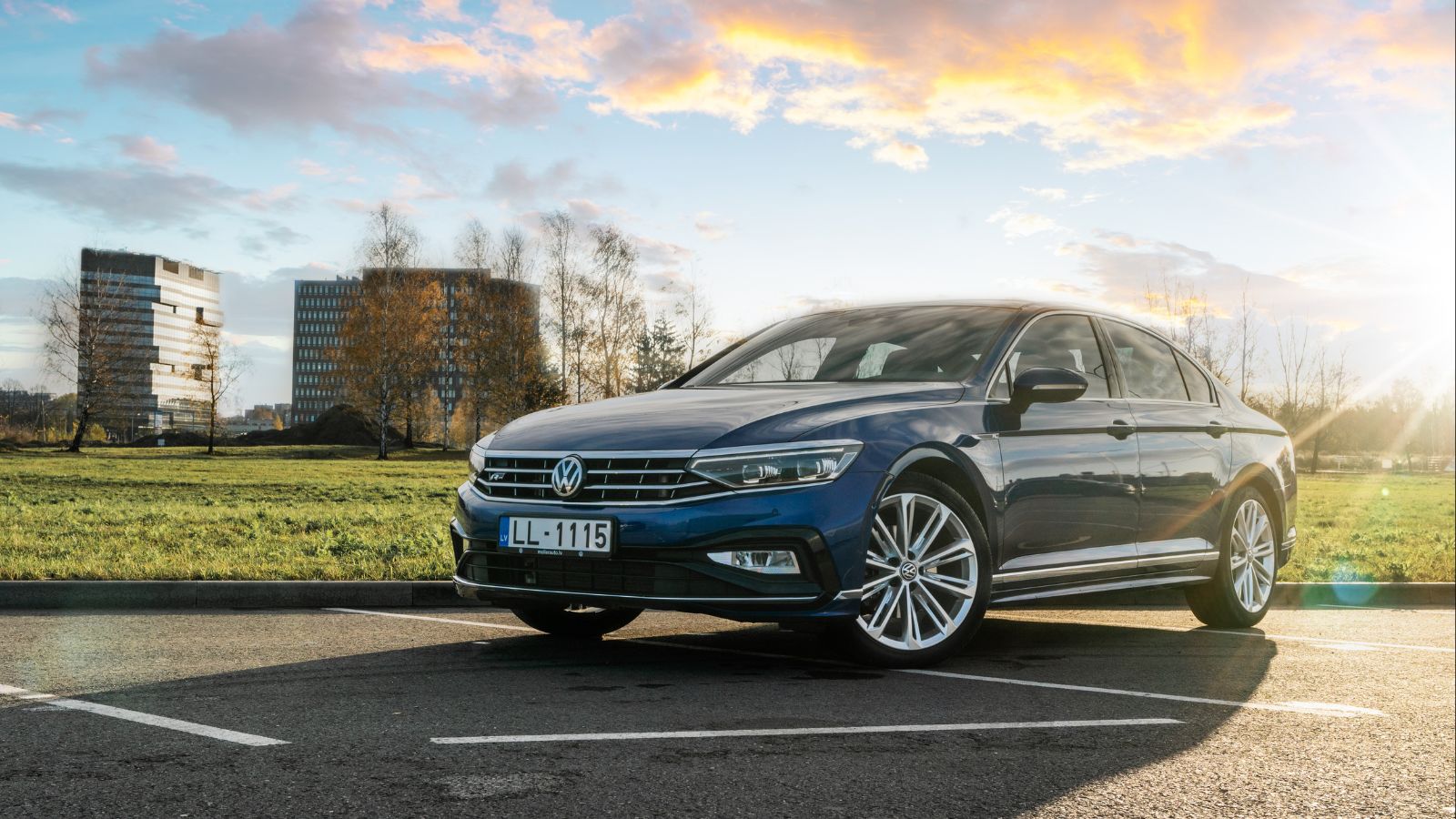
Once admired for its European refinement, the Volkswagen Passat has lost traction in Canada. The sedan market is shrinking, and the Passat’s bland design and high maintenance costs don’t help. At the same time, reliability concerns from earlier models, particularly related to DSG transmissions and electronics, have deterred used buyers. VW has also discontinued the Passat entirely, signaling to consumers that it’s yesterday’s news, resale prices have dropped sharply, and even newer examples face slow sales.
Buick Verano
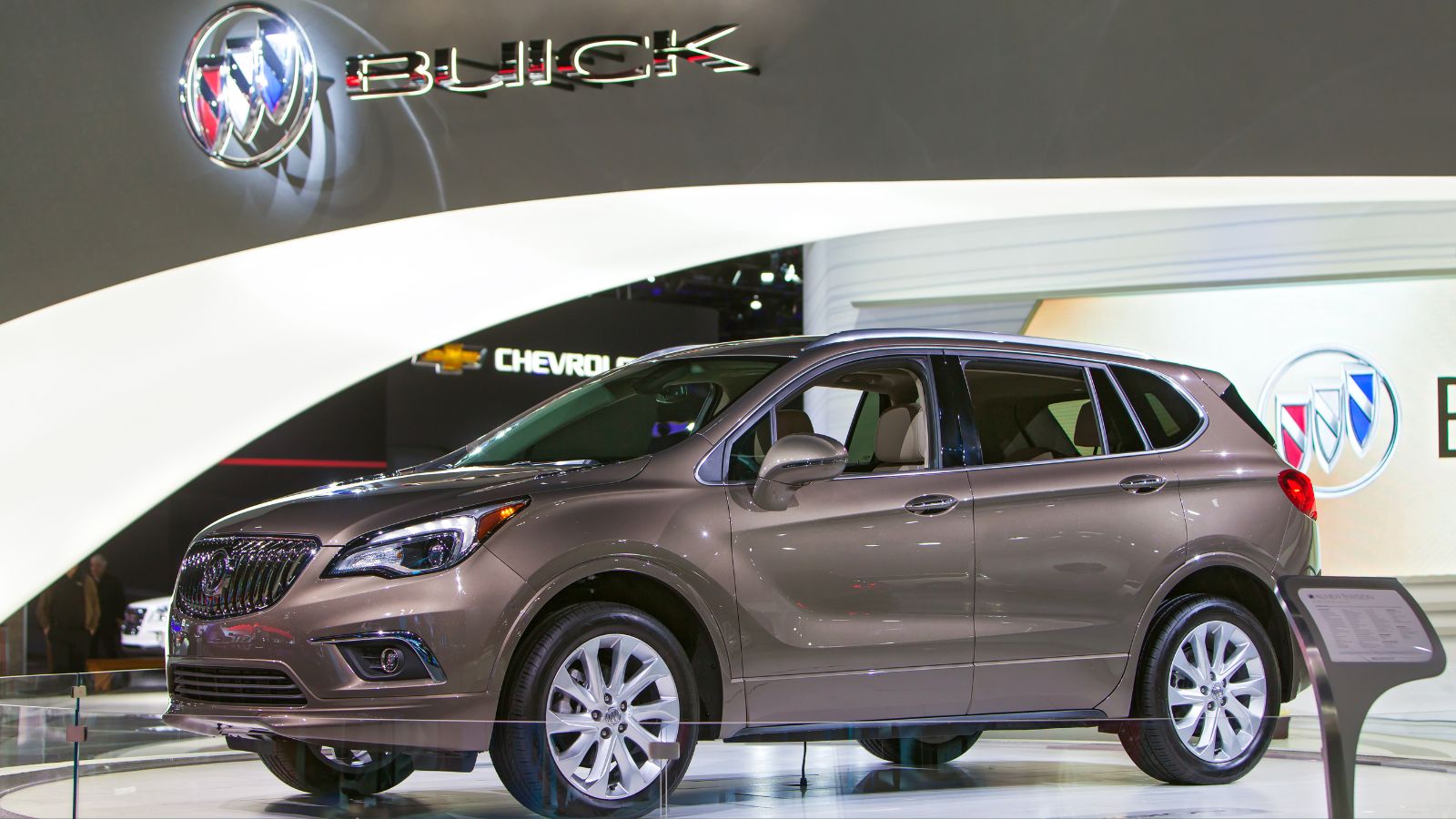
The Buick Verano was designed to offer affordable luxury, but in Canada, it never quite gained traction. Discontinued in 2017, it suffers from brand confusion, with most buyers unsure if it is supposed to be a premium compact or an upscale rental car. The Verano doesn’t have the cachet of a BMW or the value of a Civic, leaving it stranded in a resale no-man’s land. Parts availability is also declining, and while it’s quiet and comfortable, it isn’t enough to draw buyers in 2025, as resale listings often go stale. Dealers shy away from taking them in.
Toyota Yaris (Pre-2020 Models)
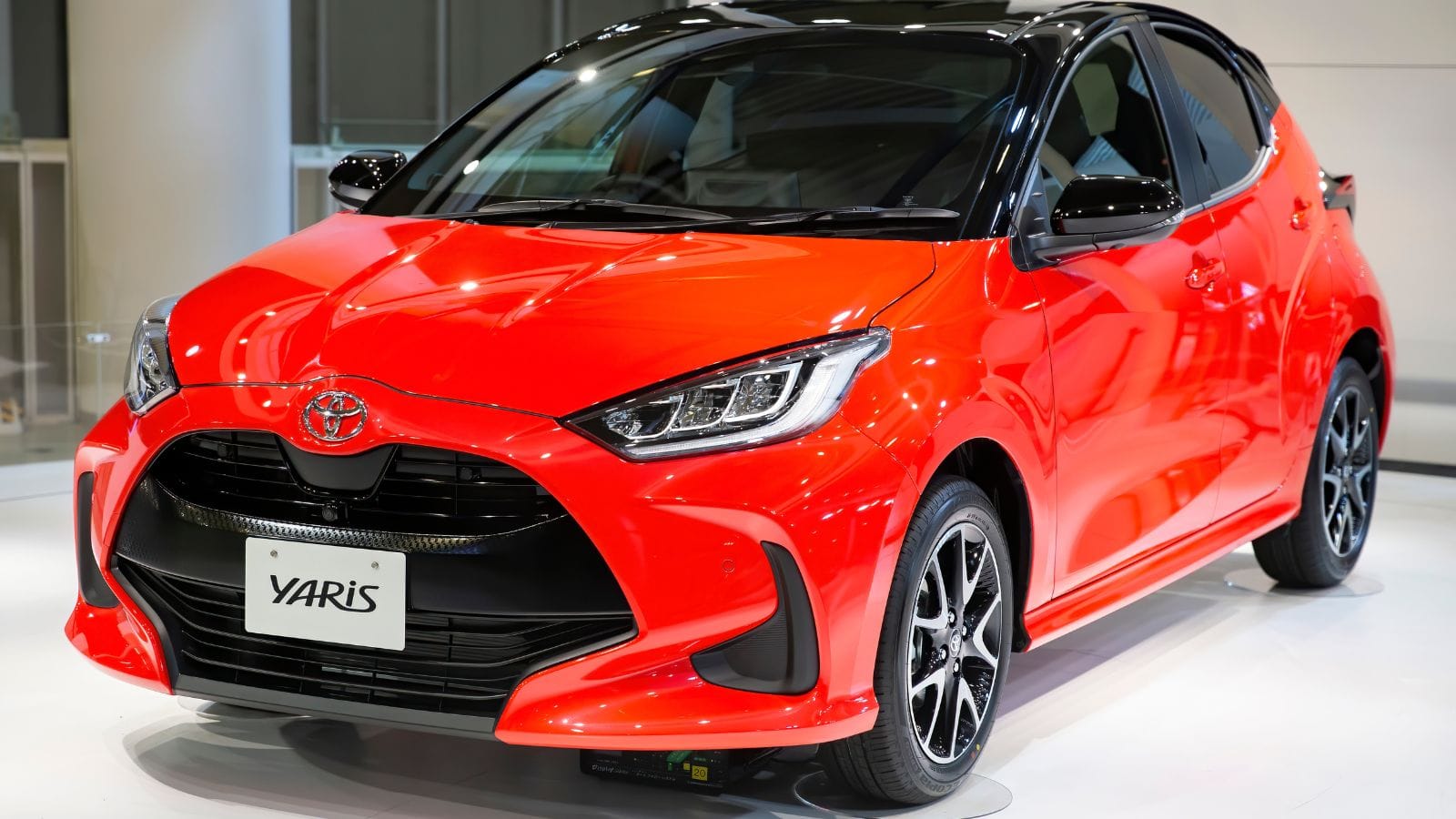
Toyota’s reputation for reliability doesn’t save the pre-2020 Yaris from fading interest. These older models lack the tech and safety features Canadian buyers now consider essential, even in subcompacts. Compared to newer alternatives like the Corolla Hatchback, the Yaris feels cramped and outdated, and its limited highway performance and basic interior have led many used buyers to skip it. While it may still serve as a reliable beater, few are willing to pay more than a few thousand dollars, as even Toyota fans are moving on.
Cadillac ATS
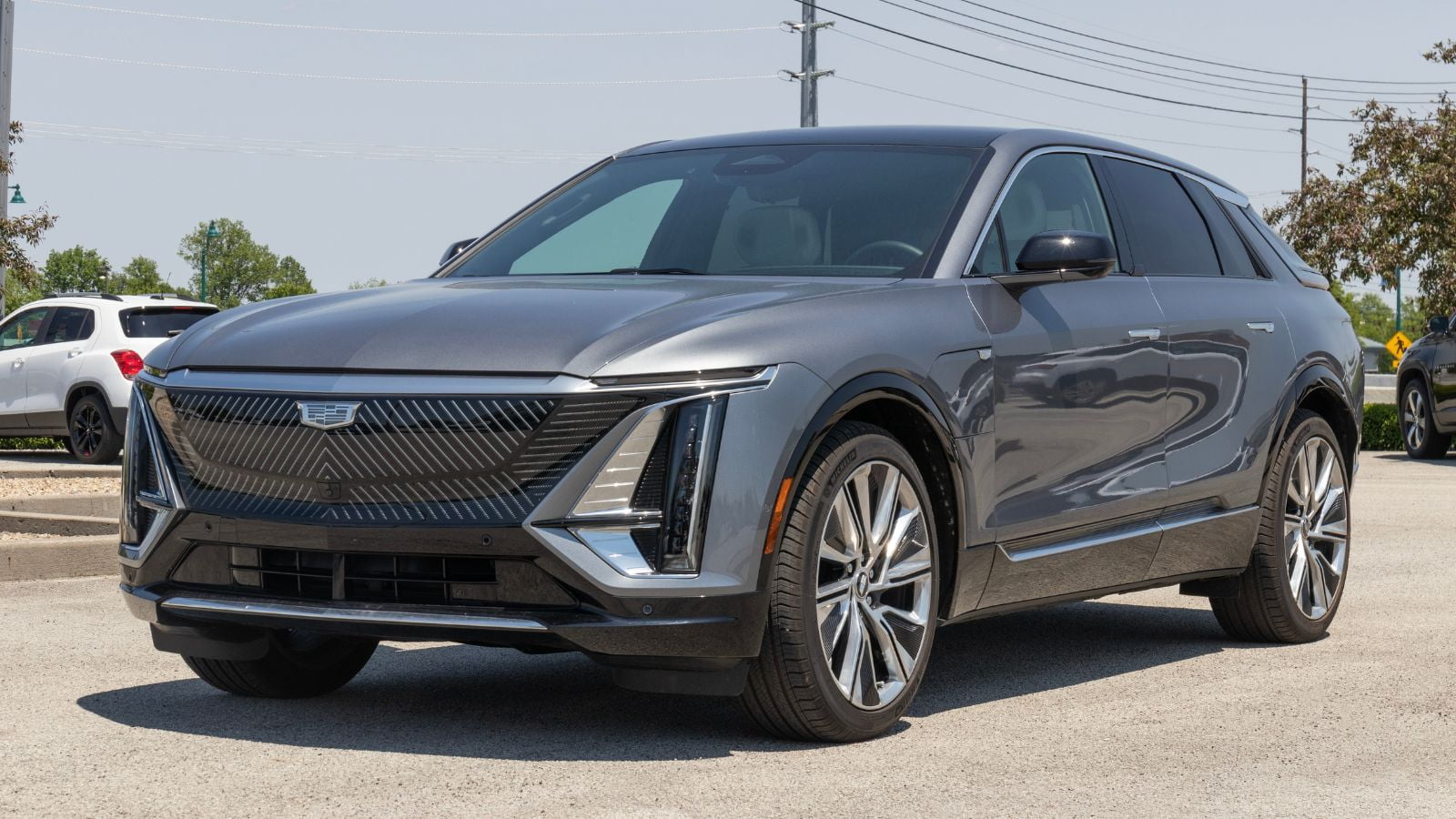
The Cadillac ATS was designed to compete with German sedans, but it never really captured the Canadian market. Buyers were often disappointed by its cramped rear seats, rough ride, and questionable reliability. As luxury buyers move to SUVs, older ATS models are being left behind, and many come with expensive repair needs and outdated infotainment systems that turn off tech-savvy shoppers. Even the performance-focused trims cannot escape the lack of brand confidence. Resale values are low, and listings often go stagnant, especially in smaller provinces where luxury demand is limited.
Honda Crosstour
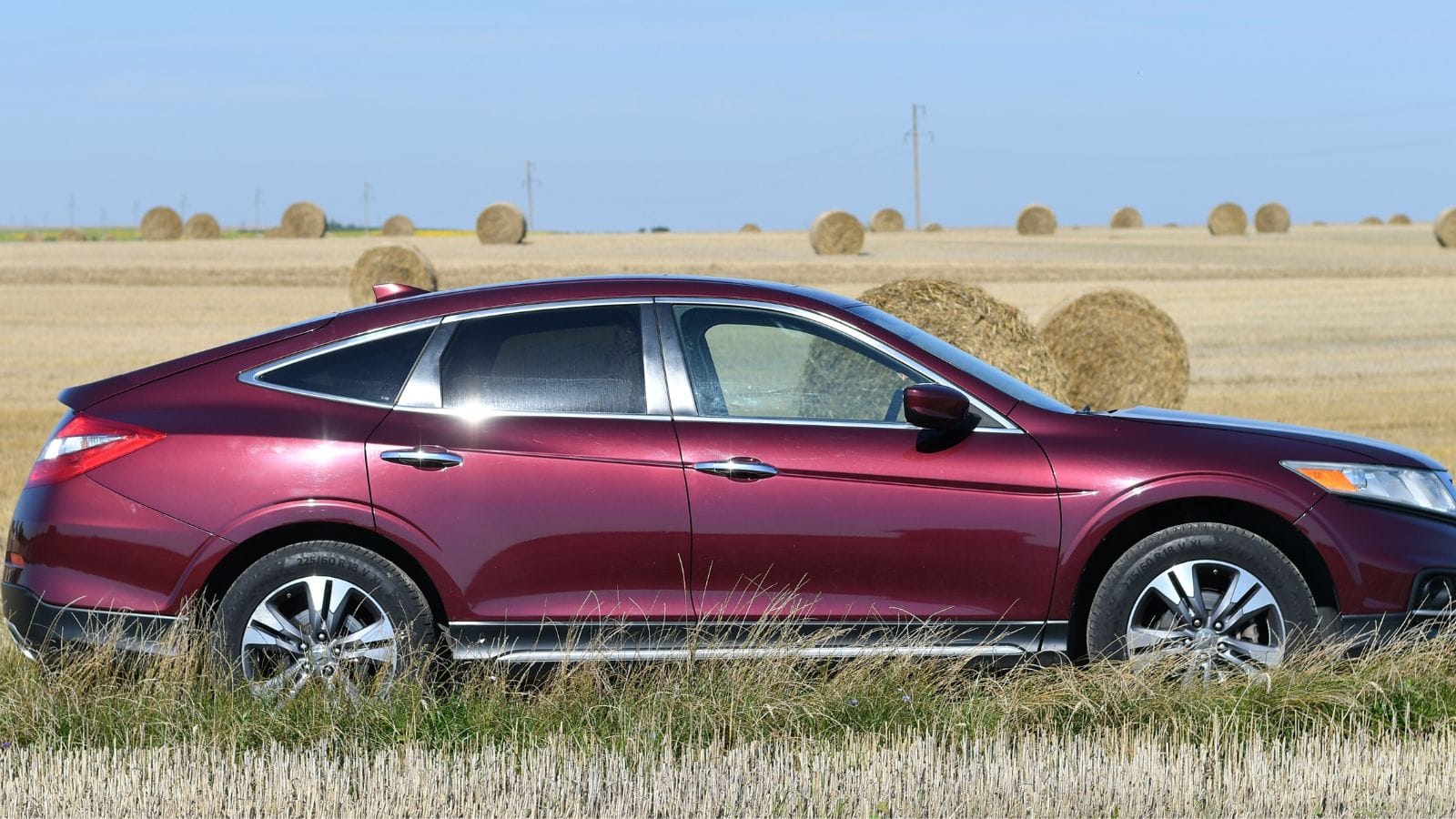
The Honda Crosstour, a mashup of hatchback, SUV, and sedan, was an experiment that never quite clicked with Canadians. It lacked the cargo space of an SUV but did not offer the driving appeal of a regular sedan. Despite Honda’s reputation for durability, this oddball design alienated more buyers than it attracted. The model was discontinued years ago, and parts are becoming increasingly difficult to find, while many buyers view it as awkward and outdated rather than innovative. In 2025, selling a Crosstour is a challenging task, especially when modern alternatives are more practical and fuel-efficient.
Jeep Compass (Pre-2018 Models)
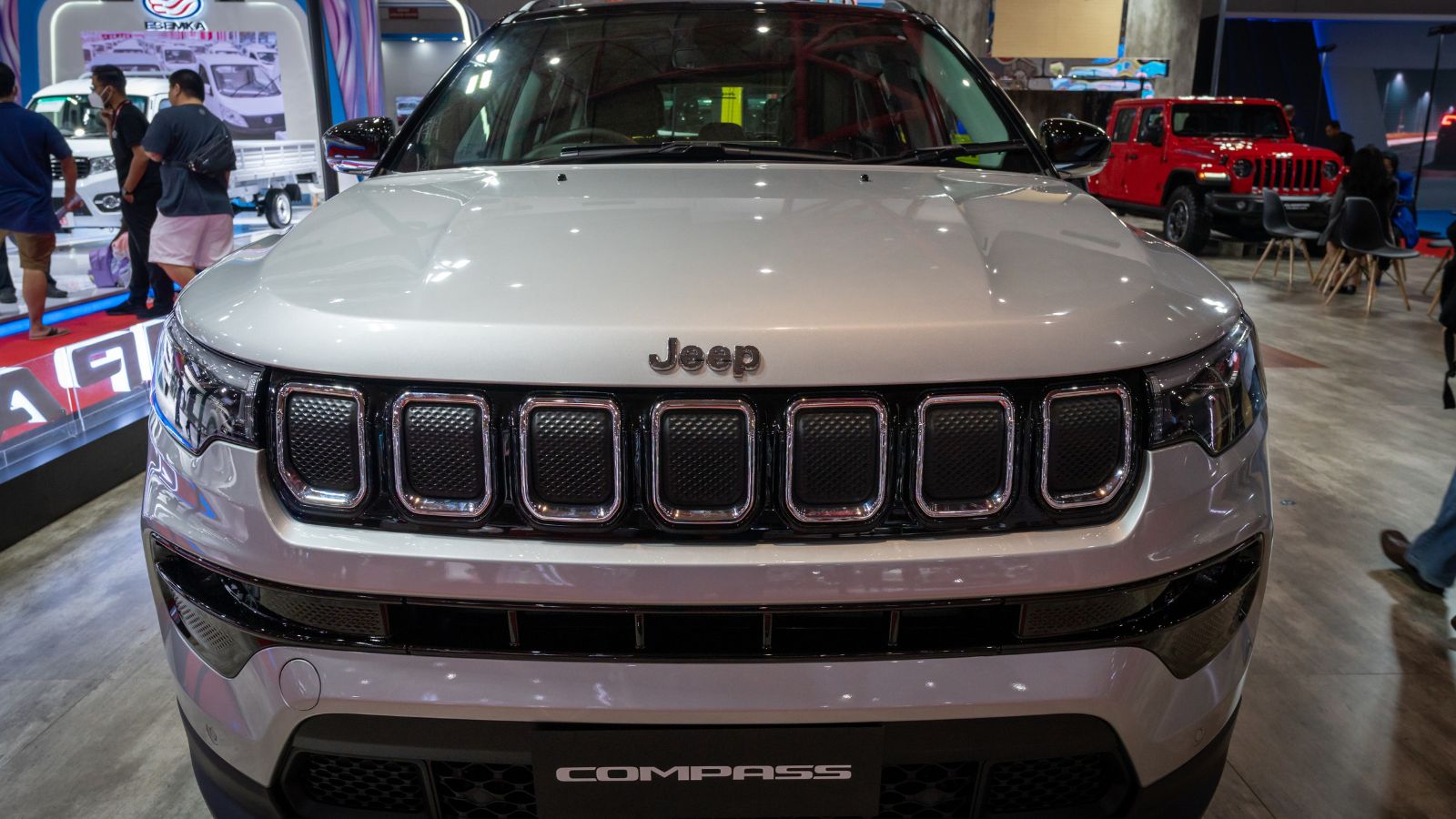
Early Jeep Compass models are notorious in Canada for poor build quality, dated interiors, and subpar reliability. Before the 2017 redesign, the Compass was widely seen as a cheap Jeep that did not live up to the rugged brand reputation. Transmission failures, electrical issues, and a stiff ride have soured long-term owners and discouraged potential buyers. While newer models have improved, the pre-2018 versions are avoided mainly by most Canadians, even when priced aggressively. These older Compasses often sit on the market for months, with trade-in offers that border on insulting.
Scion iQ
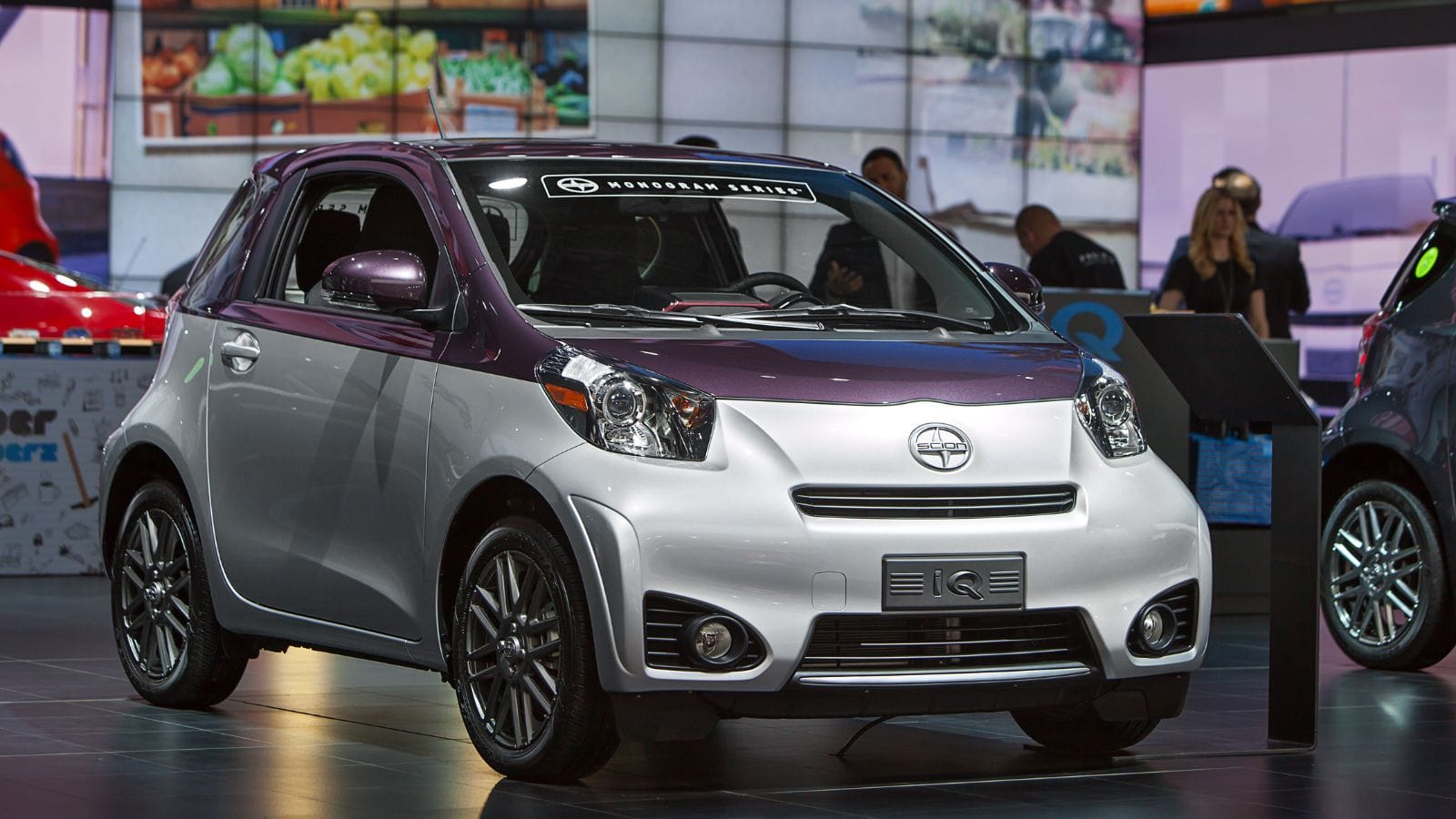
Toyota’s short-lived Scion brand left behind some interesting vehicles, but the iQ was not one Canadians embraced. This ultra-compact city car was too small for comfort, lacked power, and did not fit well with Canadian driving habits, especially in winter. With just two doors and minimal cargo space, its practicality is near zero outside urban cores. The fact that Scion is no longer in production and parts are scarce means that it has become a used car with a limited audience.
Mazda5
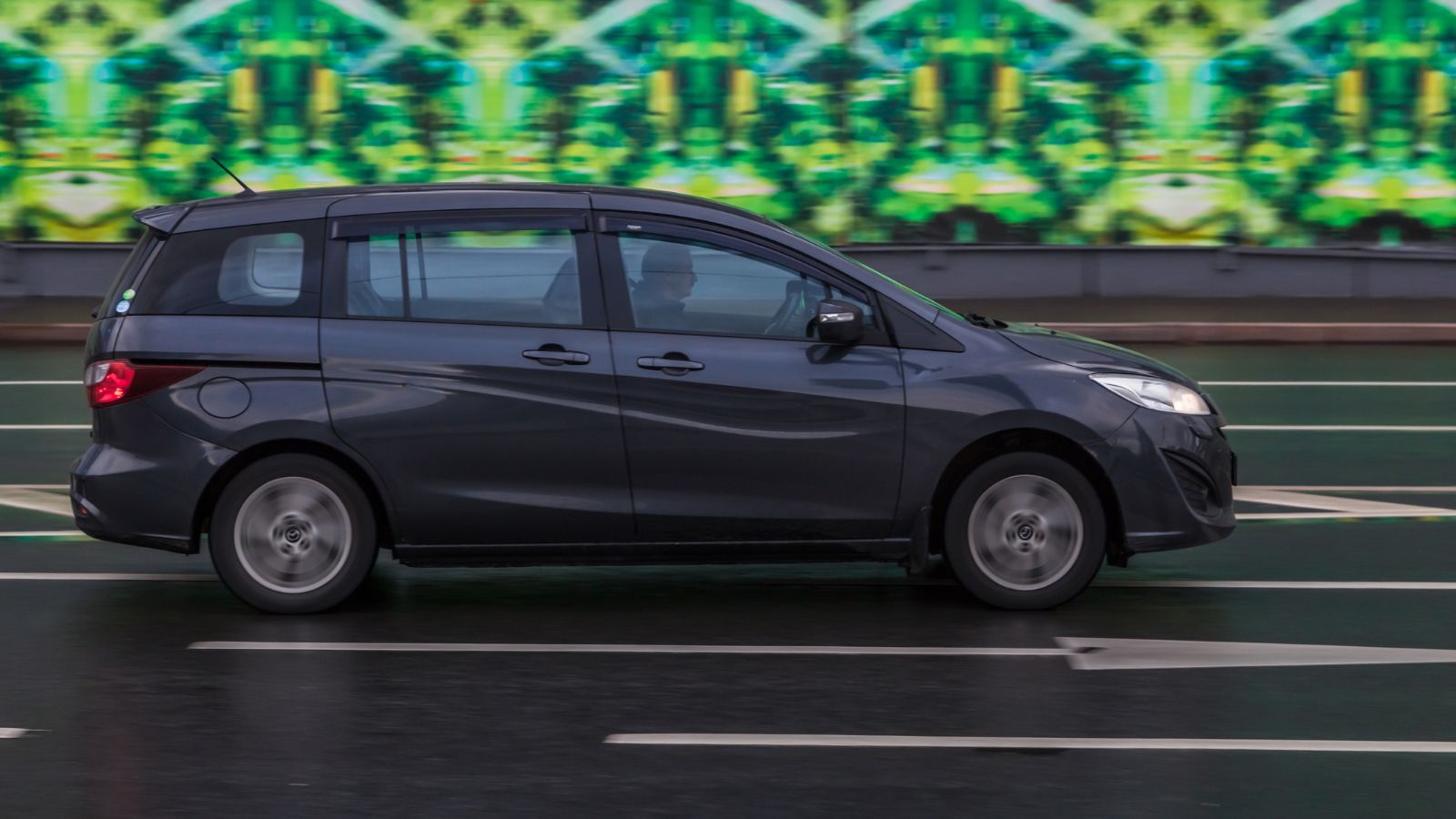
The Mazda5 was once a smart choice for families who did not want a full-size minivan, but in today’s SUV-dominated market, its quirky design and small third row now work against it. The sliding doors and compact footprint seem outdated to many buyers, and its limited cargo space feels insufficient for its intended purpose. Canadian families are flocking to crossovers with more technology, more space, and all-wheel drive, something the Mazda5 never offered. With Mazda long since discontinuing it, resale interest has dropped significantly.
Dodge Avenger
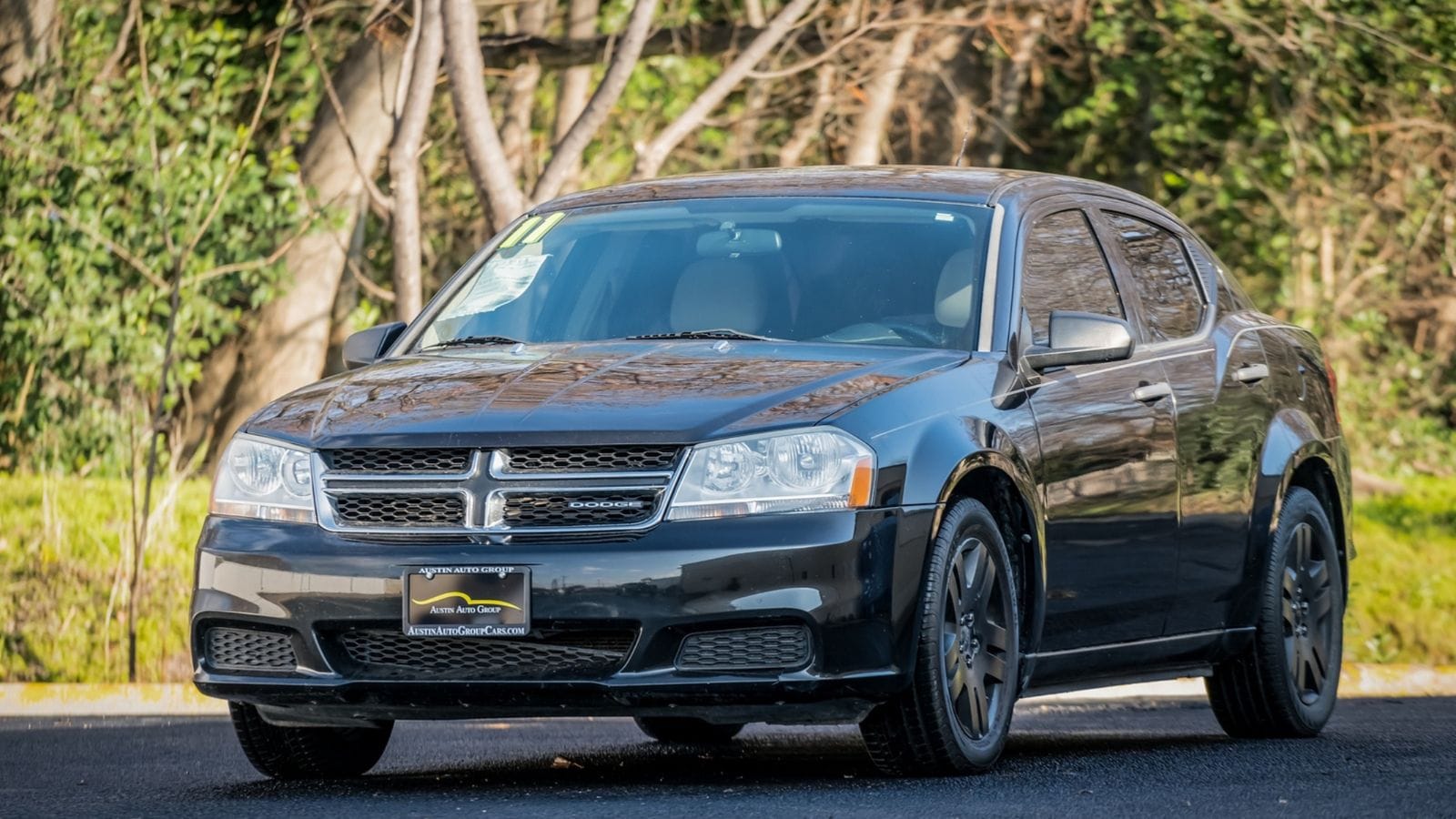
The Dodge Avenger is another mid-2010s sedan that is aging poorly, and Canadian buyers often associate it with fleet vehicles, which hurts its image. Its coarse ride, dated interior, and poor fuel economy make it unattractive compared to more refined options on the used market. While parts are still relatively easy to find, few want to invest in a car that feels like a step backward in 2025. Private sale listings draw little attention, and dealerships routinely offer vehicles for under $3,000, if they make an offer at all, as they remain nearly unsellable at any decent price.
Subaru Tribeca
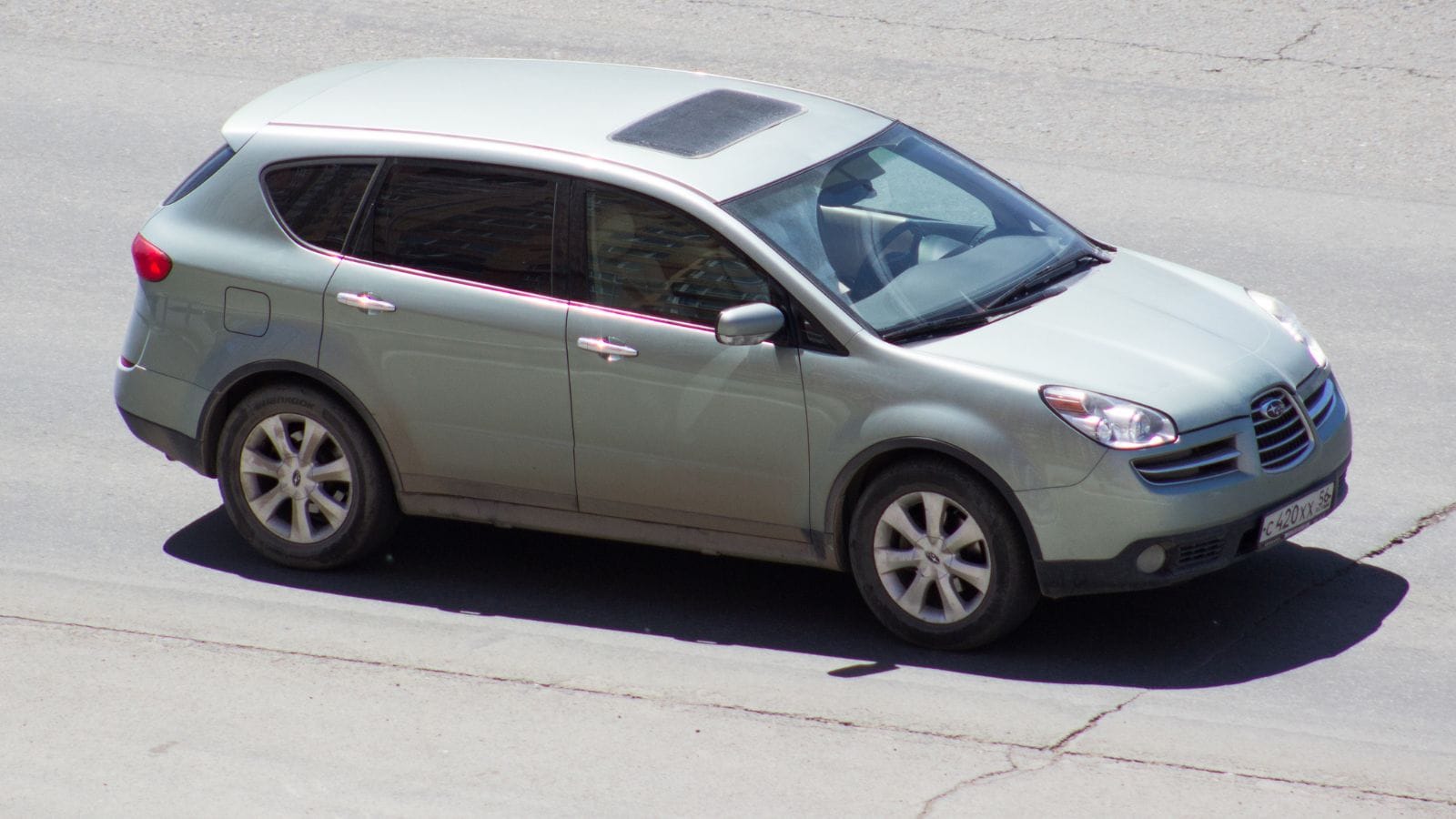
Designed before Subaru truly nailed its SUV game with the Ascent, the Tribeca was often criticized for its odd styling and cramped third-row seating. In a Canadian market that prizes utility, the Tribeca fell short of expectations. Now, its limited parts availability, dated technology, and low fuel economy make it even less appealing. Buyers looking for a used Subaru SUV overwhelmingly prefer the Forester or Outback, and Tribeca sellers often have to cut prices drastically to attract any interest.
Nissan Cube
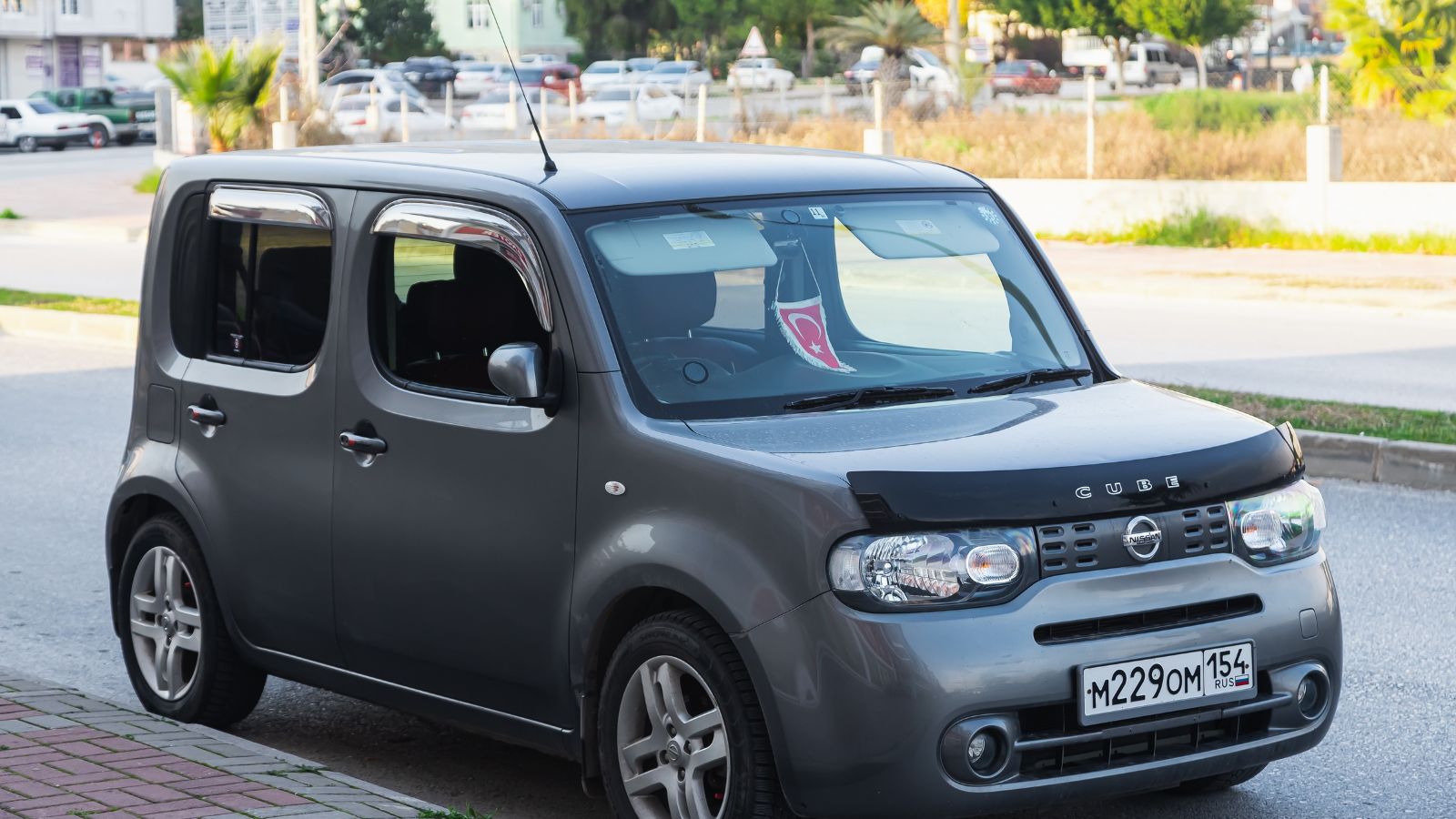
Though it once stood out for its playful, boxy design, the Nissan Cube never gained a strong foothold in Canada. Its polarizing looks, sluggish performance, and limited availability turned many buyers away, and today, it is seen more as a curiosity than a practical used car option. The Cube lacks modern tech and feels underpowered compared to newer compact options, while the Canadian winters are not kind to its front-wheel-drive platform. Even enthusiasts find it hard to justify buying or reselling this eccentric vehicle, and most sit on the market for months or sell for far less than their perceived value.
Suzuki SX4
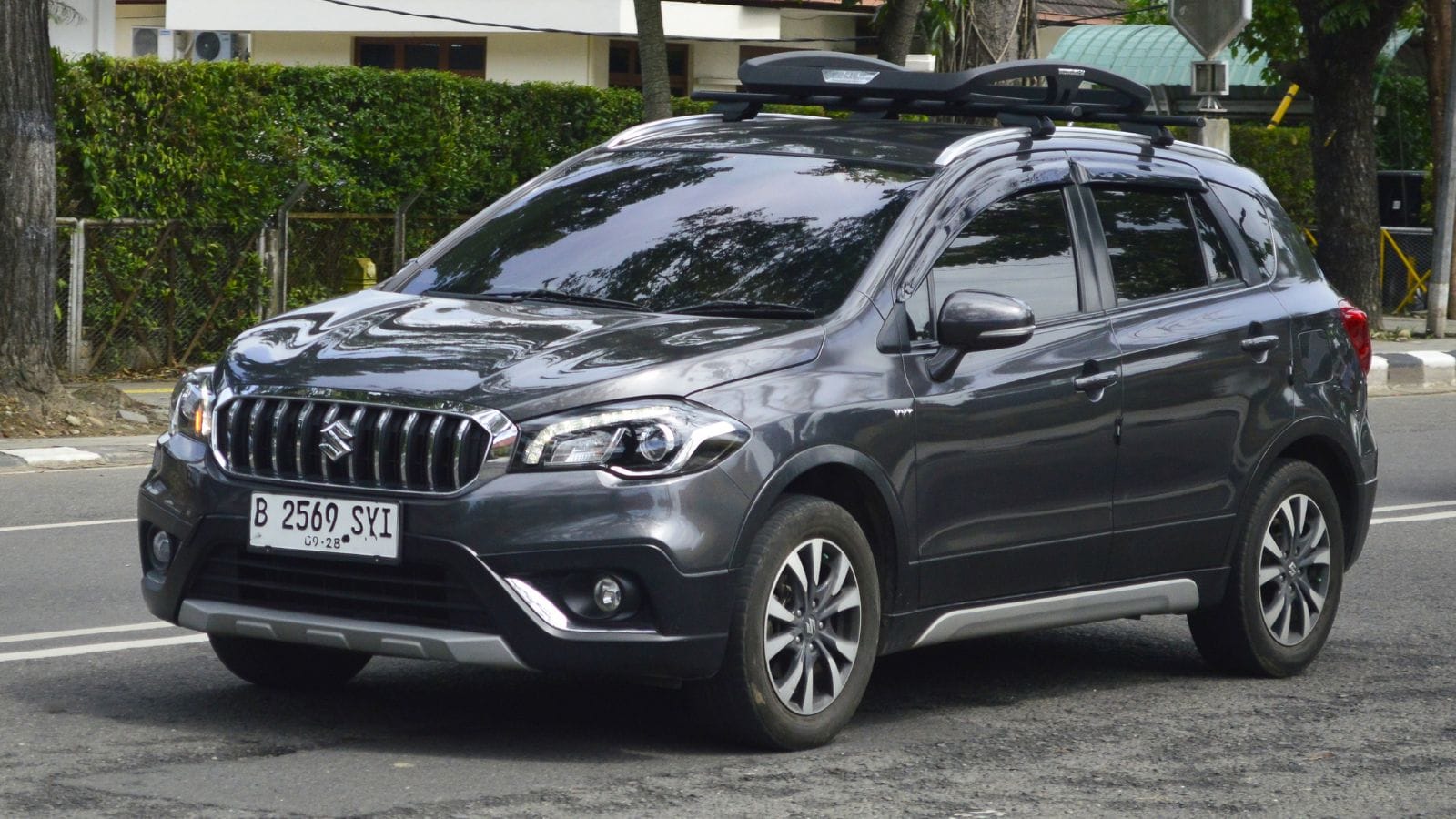
Suzuki left the Canadian market years ago, and with it went support for models like the SX4. While the SX4 offered solid all-wheel-drive performance for the price, its quirky design, mediocre fuel economy, and now non-existent dealer network make it hard to sell. Buyers are justifiably concerned about parts availability and long-term service; even loyal Suzuki fans struggle to recommend the SX4 now. It’s a tough sell unless you’re willing to let it go for next to nothing, as most Canadians don’t want to take on the hassle in 2025.
25 Facts About Car Loans That Most Drivers Don’t Realize

Car loans are one of the most common ways people fund car purchases. Like any other kind of loan, car loans can have certain features that can be regarded as an advantage or a disadvantage to the borrower. Understanding all essential facts about car loans and how they work to ensure that you get the best deal for your financial situation is essential. Here are 25 shocking facts about car loans that most drivers don’t realize:
25 Facts About Car Loans That Most Drivers Don’t Realize
